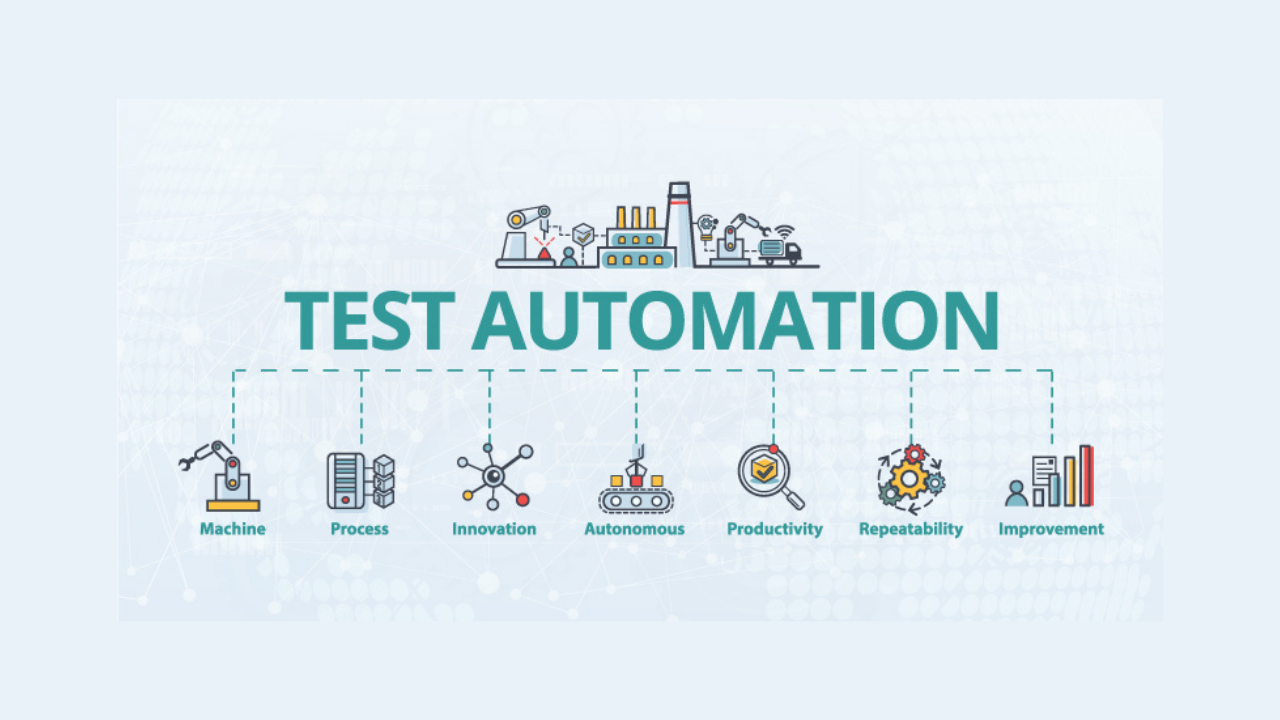Why Automation Testing Is Important for Developers

You’ve probably faced this dilemma: deadlines are tight, features keep stacking up, and bugs sneak into production. That’s when you realize why automation testing is important. It doesn’t just save time; it changes the way you develop software. Instead of chasing errors after a release, you’re proactively ensuring stability and quality from the start.
Why Automation Testing Is Important for Speed and Efficiency
Speed matters in development. Clients want features faster, and users expect seamless experiences. Manual testing often slows teams down.
Faster Execution
Automated tests run in minutes, even for complex workflows. What could take hours manually is now instant.
Continuous Integration Friendly
When integrated with CI/CD pipelines, automated tests run after every code push. You get real-time feedback without waiting for QA teams.
Why Automation Testing Is Important for Quality Assurance
You can’t afford to let a small bug reach production. Automated testing helps maintain consistent quality.
Eliminates Human Error
Manual testers may miss issues when tired or distracted. Automation follows the same steps precisely every time.
Consistent Regression Testing
Every time you release new code, automated tests re-check existing features. Nothing slips through unnoticed.
Why Automation Testing Is Important for Developer Productivity
Imagine working without worrying about breaking old features. That’s the confidence automation gives developers.
Reduces Rework
Bugs caught early cost less to fix. Developers spend more time building new features instead of fixing old ones.
Encourages Experimentation
When tests run automatically, you feel free to try bold solutions. If something breaks, the system tells you instantly.
Cost Savings: A Practical Reason Why Automation Testing Is Important
While automation requires initial investment, the long-term savings are undeniable.
Lower Testing Costs
Manual testing requires more hours as your product grows. Automation scales without extra salaries.
Early Bug Detection
Fixing a bug in development is cheaper than fixing it after release. Automation ensures you catch problems sooner.
Comparing Manual Testing vs. Automation Testing
| Feature | Manual Testing | Automation Testing |
|---|---|---|
| Speed | Slower, depends on human effort | Fast, runs parallel across environments |
| Accuracy | Prone to errors and oversights | Consistent and repeatable |
| Cost in Long Term | High with large projects | Lower due to reusability |
| Scalability | Limited by team size | Expands with scripts and tools |
| Regression Coverage | Time-consuming, often skipped | Runs automatically without fatigue |
Why Automation Testing Is Important for Large and Complex Projects
Bigger projects mean bigger risks. A single bug could impact thousands of users.
Handles Complexity
Automation can simulate thousands of user interactions across browsers and devices.
Ensures Stability
Automated suites protect against unexpected side effects when adding new features.
Why Automation Testing Is Important in Agile and DevOps Environments
Modern development thrives on speed and collaboration. Automation testing is the backbone of Agile and DevOps.
Supports Continuous Delivery
You can release updates frequently with confidence. Automated tests ensure stability in every sprint.
Enables Collaboration
Developers, testers, and operations teams rely on shared automated test results to align quickly.
Pros and Cons of Automation Testing
Pros
- Saves time in repetitive tasks
- Improves software quality
- Increases test coverage
- Reduces costs over time
- Boosts developer confidence
Cons
- Requires upfront investment
- Not suitable for all test cases (like UI with frequent changes)
- Needs skilled engineers to write tests
Why Automation Testing Is Important for Career Growth
As a developer, automation testing skills make you more marketable. Employers value engineers who ensure reliability.
Expanding Opportunities
Companies prefer developers who understand both coding and testing. This dual skillset gives you an edge.
Building Confidence
Automation experience enhances your ability to lead teams, mentor junior staff, and manage critical deployments.
FAQs on Why Automation Testing Is Important
1. Is automation testing replacing manual testing completely?
No. Automation handles repetitive tasks, but manual testing is vital for exploratory and usability checks.
2. Which tools are best for automation testing?
Popular tools include Selenium, Cypress, Playwright, and JUnit. Your choice depends on project requirements.
3. Does automation testing require programming skills?
Yes. Writing and maintaining test scripts requires knowledge of programming languages.
4. How does automation testing save money?
By reducing manual hours, catching bugs earlier, and preventing costly post-release fixes.
5. Can small teams benefit from automation testing?
Absolutely. Even startups gain speed and quality advantages when automating core workflows.
6. What types of tests should always be automated?
Regression tests, smoke tests, and performance tests are perfect candidates.
7. How often should you update automated tests?
Every time the application changes. Keeping tests aligned with code ensures reliability.
Conclusion
So, why is automation testing important? It saves time, reduces costs, improves quality, and makes you a stronger developer. Whether you’re building small apps or managing enterprise-level projects, automation provides stability and confidence.
By adopting automation testing, you’re not just writing code, you’re safeguarding its future. Ready to share your thoughts? Drop a comment below or share this article with your team!






